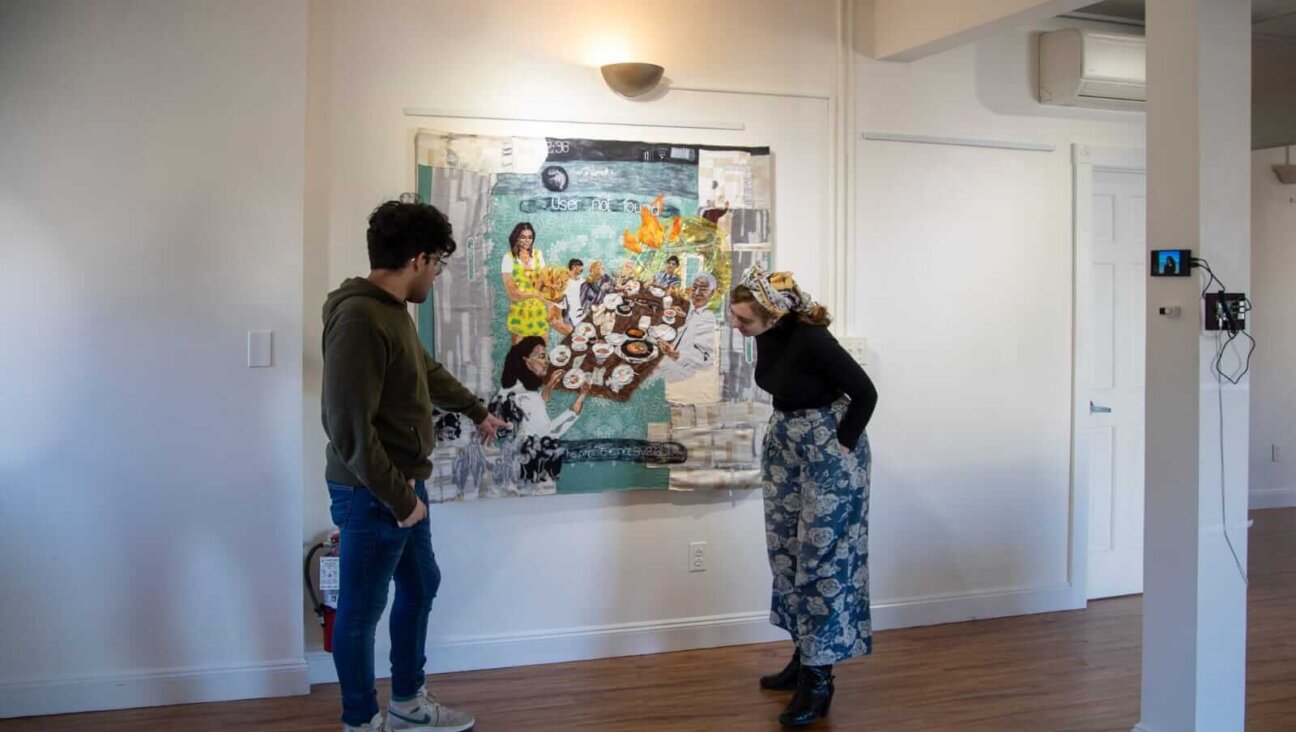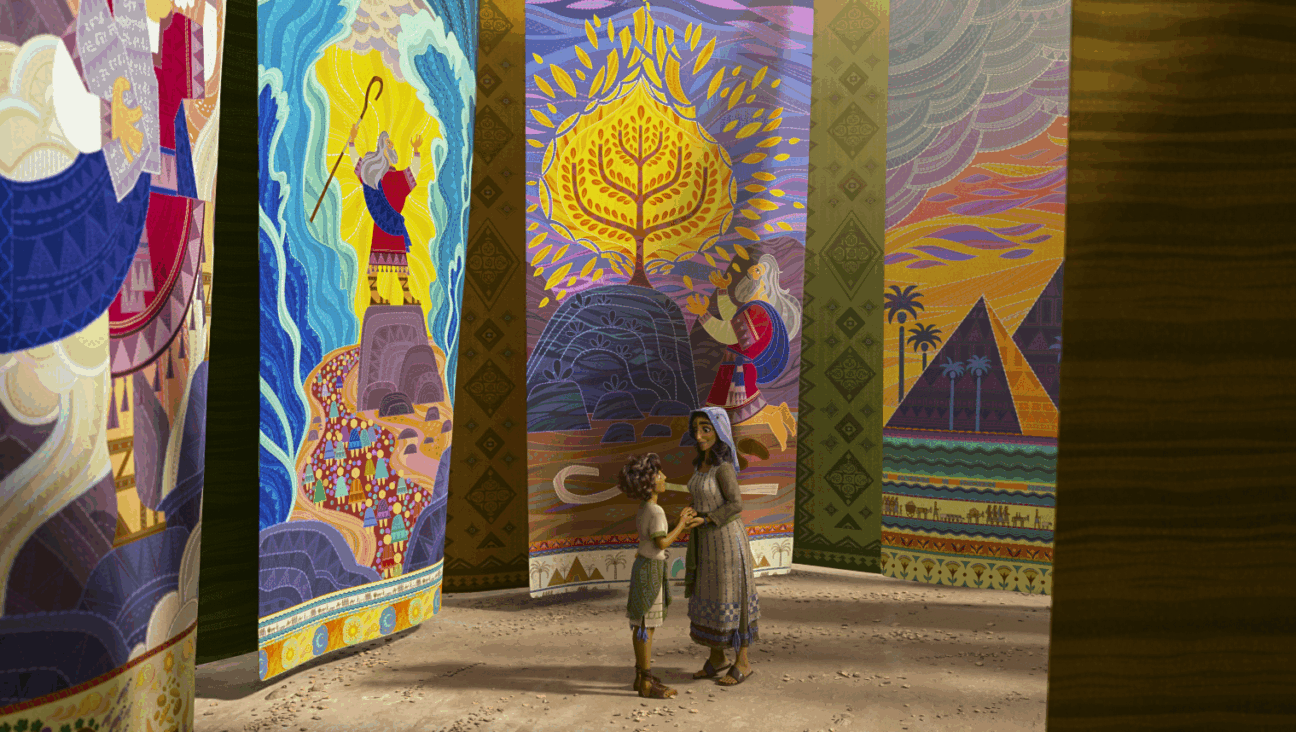Royal Romance and Medieval Mayhem The History of King Artus
Know that in the days of Uter Pendragon there was a great duke in the Kingdom of Logris called the Duke of Til Tomeil. He had an exceedingly beautiful wife named Lady Izerna. One day King Uter Pendragon ordered a very great tournament for all the knights of Logris by the city of Camelot. Each knight and duke had to bring his wife to the tourney to inspire the hearts of the knights and gladden the hearts of the women. All the knights did so.
The Duke of Toomey brought his wife, the duchess, to that place. Know that by this duchess the duke had four daughters, whose beauty and grace were unsurpassed in the entire kingdom.
The tournament proceeded mightily. Then the king made a great feast for all the people and all the princes. He caught sight of the beauty of the Duchess Izerna and the flame of love was kindled in his heart.
He became quite ill and could no longer hide his love. So he sent her his golden cup through one of his officers. He ordered him to tell her of his desire and burning love. Now these matters are lengthy. Finally, however, she related Uter Pendragon’s words to her husband, the duke. When he heard this he feared for his wife and, rising early in the morning, ordered his servants to harness his horses. And without taking leave of the king, the duke rode away with his duchess, his knights, and all his company.
When the king was told that he had departed, he grew very angry. He sent after the duke, ordering him to return at once or else peace would terminate between them. But the duke mocked him and returned to his country. There he fortified his entire land and strengthened all his cities and towers, for he knew that the king would wage war against him.
About three months thereafter the king summoned all his troops to attack the duke. He marched and besieged the castle wherein the duke had sought protection. The duchess was in another lofty castle, and with her were her daughters, maids and valiant knights. But the king intensified the siege against the castle where the duke had taken refuge and attacked it for many days in vain.
He then called Merlin and said to him: “Oh brother, pray help me only this time with your art, and advise me how I can meet the Duchess Izerna, for I shall certainly die of desire if she be not mine.”
“What I shall do,” said Merlin, “is to endow you with the duke’s likeness and appearance so that the duchess will think that you are the duke, her husband. And I shall come with you in the guise of a certain knight, his companion. Thus both of us shall ride at night and call to the duchess’s gatekeeper. He will admit us and we shall enter the castle. You shall enter her chamber and take your delight with her as you desire. Then you will rise and we shall leave and return to our army.”
The king bowed to him. And Merlin accomplished this through his art. And he [Uter Pendragon] came to her and she conceived. Then he rose from the bed and the two of them rode out of the castle.
As they departed, a messenger came to the duchess informing her that her husband had been slain that very night. Indeed it was true. The duke heard that king Uter Pendragon had been killed in battle, so he left his castle that night to contend
with the foe but, to his ill luck, he was killed in battle. When the king returned to his camp, he rejoiced to find the duke lying dead and the castle taken by his army.
The duchess mourned her husband and grew faint-hearted at the wondrous event.
“How is it possible?” she said. “Wasn’t the duke in bed with me at that very hour when they say he was killed in battle? No sooner had he gone more than a bow-shot’s distance away from the castle than the messenger came straight to my chamber. So how is it possible that he was killed there? And if indeed he was killed, the one who came to me was not the duke.”
Thinking thus, she would wonder and cry, but could not get to the heart of the matter.
Then the king departed from the castle and came to the castle of the duchess. After his siege she finally had to surrender it to him. There were many discussions between them, but these matters are lengthy.
Finally a suggestion was offered that the king — for his own honor and in order to pacify the duchess, the duke’s officers and all the people of the land — marry the duchess and marry her four daughters to four kings or princes.
When the king heard the suggestion offered by his officers and councilors, he joyfully acquiesced. He married the duchess; and her eldest daughter he married to King Lot of Orcania. From her he had four sons: Sir Galwan, the eldest; the second, Gadriat; the third, Agravan; the fourth, Gwidon. The second daughter he married to King Uriens; he begat Sir Ivan. The third daughter he married to the Duke of Kairenza. The fourth daughter did not wish to marry, but learned the art of witchcraft — her name was Morgana.
One night as the king was taking his delight in bed with the duchess, he placed his hand on her belly and said:
“You are with child. Do you know who the father is?”
“I do not know,” she replied. “I certainly did not conceive this time by the duke, for when he retreated to his castle he did not leave me with child. That night someone who bore his shape and likeness came to me. I do not know who he was; it certainly was not the duke, for just when that knight was in bed with me the duke was killed in battle. Therefore, I do not know what happened to me and by whom I have conceived.”
But the king restrained himself and did not wish to tell her that it was he who had come to her.
“Since you do not know who fathered the child,” he said, “when you give birth the child will be given to Merlin, who knows the art of sorcery. He will be called Artusin, that is, born through the power of art.”
The king said this because when Merlin brought him to the duchess’s chamber he had made the king swear that if she would conceive from that coition he would give Merlin the child to do with as he pleased. The king swore and kept his oath, as you will see near the end of the book. And so she gave birth to Artusin, who is the great king called Artus.
“King Artus: A Hebrew Arthurian Romance of 1279” is a unique artifact in Jewish literature: a medieval Hebrew version of an Arthurian romance from the age of chivalry. Originally written in Italian, it was translated into Hebrew by an anonymous 13th-century Italian Jewish scribe. The manuscript, the only one of its kind extant, was preserved in the Vatican Library.
The Hebrew translation, while faithful to the source, makes frequent use of biblical quotations, giving the work a distinctly Jewish feel. A preface to the manuscript notes that fables are well rooted in Judaism and that a reader may learn “ethics and wisdom” from it. Indeed, the manuscript’s first episode will sound familiar to a Jewish reader: A king desires an officer’s beautiful wife and takes her while the officer is away at battle. He then learns that the officer has been killed. It echoes the biblical tale of King David and Bathsheba, whose husband was killed in a battle into which David purposely sent him.
The English version, published by Syracuse University Press in 2003, was edited and translated, with cultural and historical commentary, by Curt Leviant.















